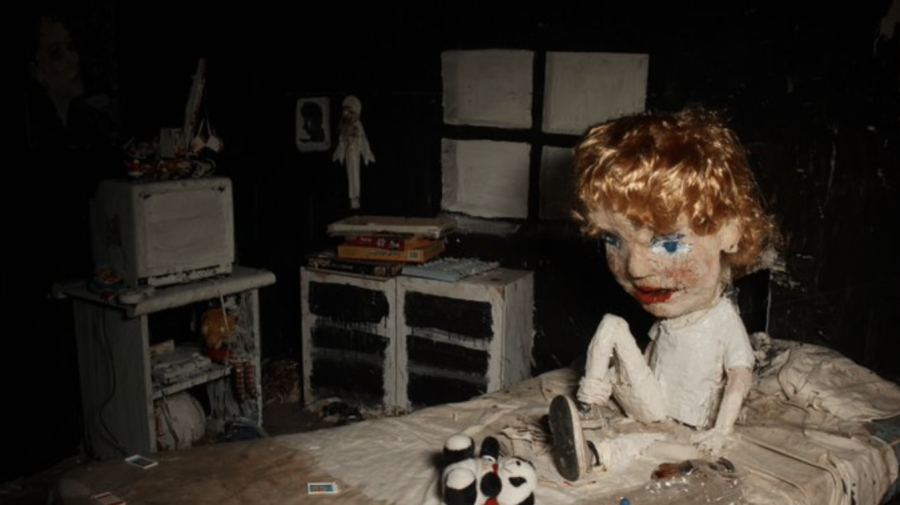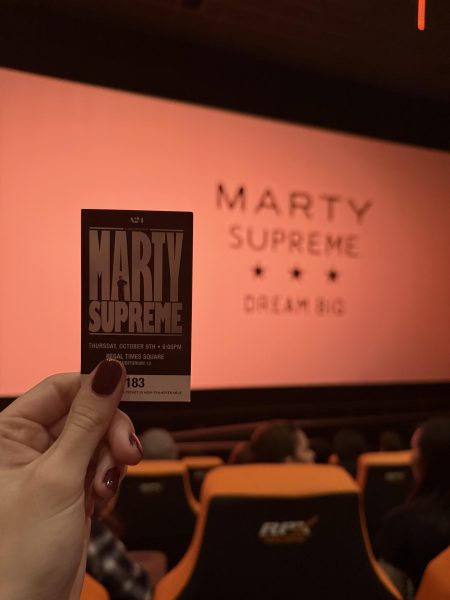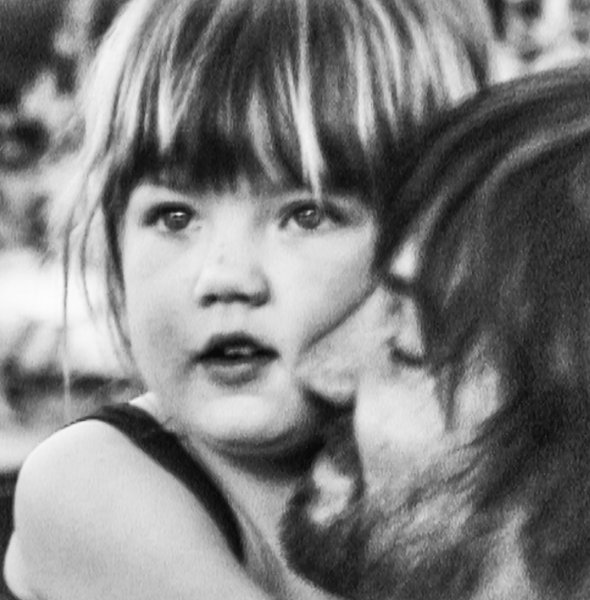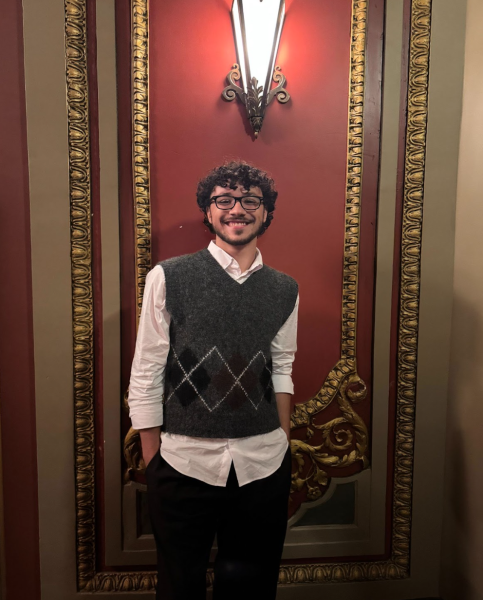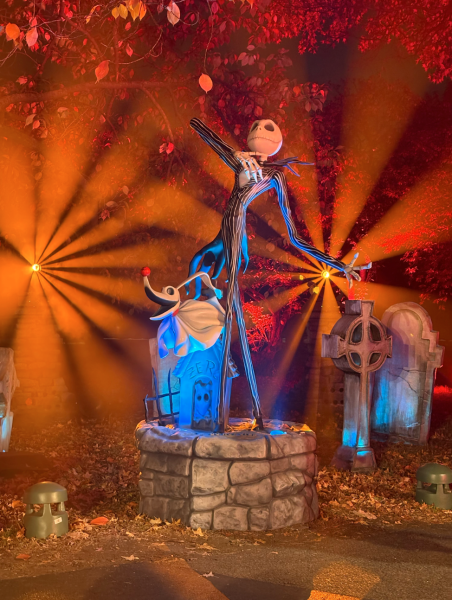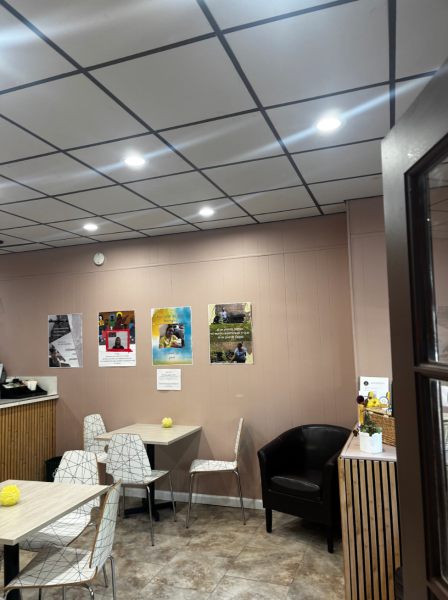Ari Aster Selects: The Surreal, Absurd, and Unsettling
Through April 14-20, Film at Lincoln Center presents Ari Aster Selects, a diverse series of film showings selected by the mind behind celebrated contemporary horror films “Hereditary” (2018) and “Midsommar” (2019), Ari Aster, in the lead-up to the release of his new film “Beau is Afraid.” Tickets are $12 for students and $17 for the general public and can be purchased online or at the theatre. The film series includes “The Birds” by director Alfred Hitchcock, the Canadian film “Cowards Bend the Knee,” the Australian new-wave film “Wake in Fright” by Ted Kotcheff, the Czechoslovakian film “Invention for Destruction” and the Chilean-German stop motion film “The Wolf House.” They are being shown in the spacious Walter Reade theater, situated across the street from Film at Lincoln Center.
With his two previous films, Ari Aster forged a new path in the horror genre, displaying incredible story-telling in his depiction of suffering through the lens of family and community to reach the core of existential fears and the human dilemma. In his debut film, “Hereditary,” he takes the nuclear family and the reality of inheritance. Thinly veiled in what seems to be a story of grief and loss, he uses the familiarity and the supposed comfort of family to explore the curse of inheritance — of being chosen and not being allowed to choose, constricted by the genetic binds of family, in a word, fate. Similarly, “Midsommar” deals with grief, family, community and the cruel paradox of fate. There is a distinct emotional brutality shared among Aster’s own pieces and his selected films, which allows audiences to look even deeper into and gain a greater appreciation of the complex character dynamics he creates and explores.
“Cowards Bend the Knee,” the 2003 film by Canadian director Guy Maddin, is a surrealistic and disorienting biography-fiction fusion that involves the family in a similarly unsettling way. It is one of the films chosen by Ari Aster for the series. The film is preceded by a short, surrealist silent film, “Stump the Guesser” (2003), about a troupe of carnival mindreaders with a supernatural ability to guess and predict. We watch as the main character Stump’s mind deteriorates and his sense of identity crumbles. Meanwhile, the audience is simultaneously bombarded with abrasive audio, shooting red graphics and surreal Soviet-inspired superimpositions that make the production humorous and confusing while remaining visually stimulating and surprisingly emotional.
“Cowards Bend the Knee” is a consecutive collection of 10 six-minute short films. It follows Winnipeg hockey player Guy Madden through a short series of events involving death and abandonment, in which grief and suffering are twisted into romance and sexual desire, that is at times disturbing and, on a whole, reeks of Freud. The film was originally commissioned by a Toronto Gallery and made to be seen through a peephole. The shots are dynamic and swirling as the film exists in a dreamy yet escaping past that hints at an ever-present threat, building gradually just under the surface.
This underlying threat and suspense is a defining characteristic in Ari Aster’s films as well as his moves in subverting the American ideal of the nuclear family. The films he has selected all touch on the role of family and on mortality in human societies and do so in their own unconventional ways. Aster is clear in his intention to approach the tragedies of family through exploring destiny and life through death — transcending the horror genre, reaching towards the darkest parts of the human psyche and challenging dearly held contemporary societal values. The selected masterworks reinforce his intentions, are a captivating exploration into human psychology and society and shed light into the process of this celebrated filmmaker. If you’d like to see more, these films are a must-watch for Ari Aster and horror fans alike.



































































































































































































